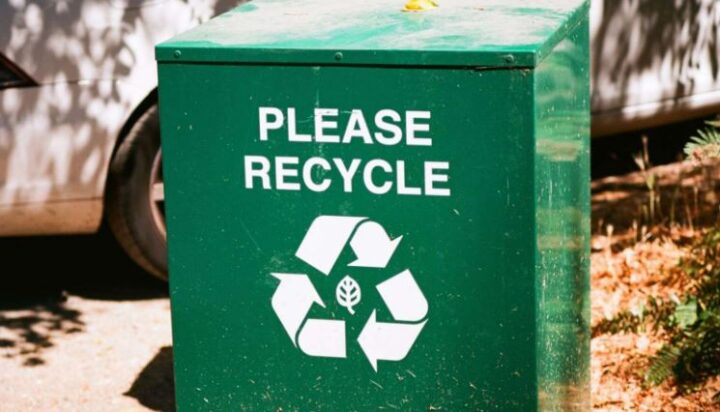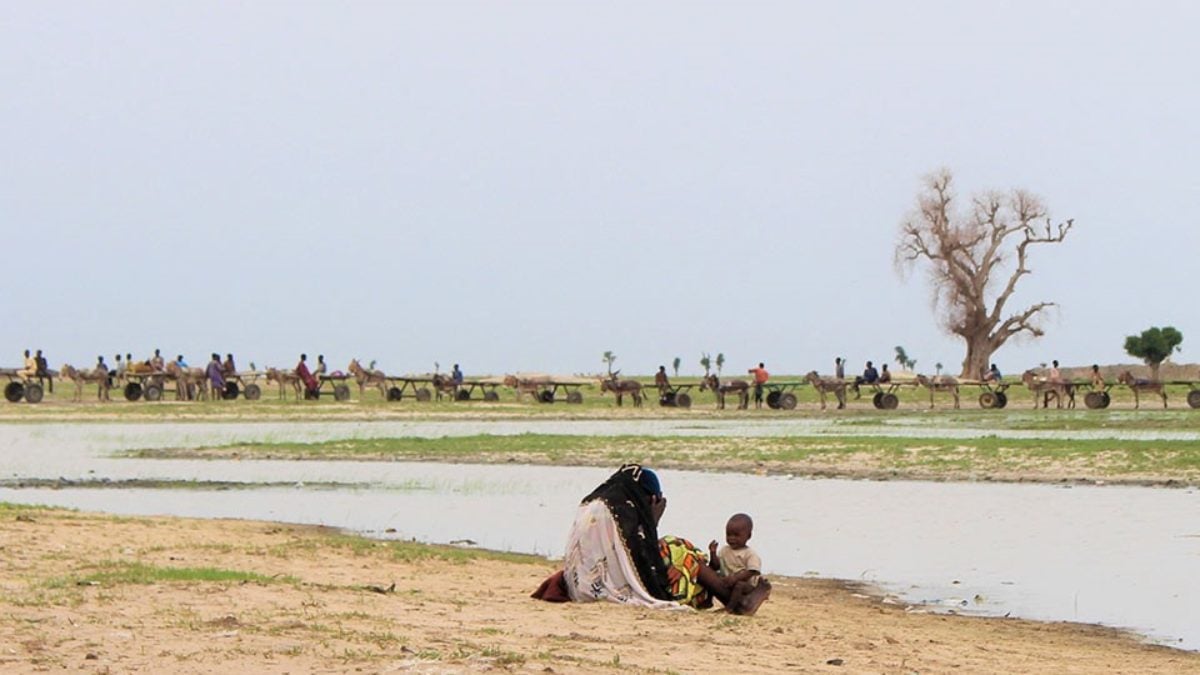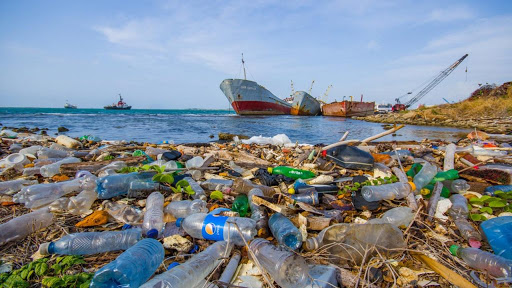A recycle bin
A transition from linear to a circular economy will solve the environmental and economic challenges currently facing the country, according to the 2021 Nigeria sustainability outlook report of the PricewaterhouseCoopers (PwC).
A linear economy is commonly referred to as take-make-waste — which is when raw materials are collected, used for production, and the waste is afterwards disposed of.
On the other hand, a circular economy is one that allows manufacturers to make products that can be reused, remade, and put back into circulation.
The PwC report details the approach towards a sustainable future especially given the adverse impact the COVID-19 pandemic had on the economy.
Advertisement
According to the report, there are increasingly evident consequences of the linear production models. Therefore there is a need to transition to a circular economy which offers an alternative way of thinking about economic activities while promoting social and economic prosperity in the long term.
“A circular economy model derives its inspiration from nature’s biological cycle and creates a closed-loop system which eliminates waste from the value chain. Beyond waste reduction and recycling, the circular economy highlights a rethinking about our current economic model at a global level,” the report said.
“Circular economy is gaining popularity in manufacturing industries, strategy creators and governments across the globe due to its ability to offer solutions for the increasing natural, economic and social difficulties of the 21st century.”
Advertisement
The report says to address these difficulties, there has to be a collective effort from the public and private sector “to see the integration of the circular economy into our core business principles”.
Acknowledging the fact that in recent years, international and local companies have begun investing in new business approaches and models that are eco-friendly and sustainable, the report noted that the trend needs an improved effort.
It said the slow approach towards these sustainable systems stems from the lack of expertise required.
“In 2021, we expect to see more local companies embrace the concept of circularity through repairs & recycling, however adoption of more advanced stages such as eco-design will remain slow as the necessary understanding and expertise are not prevalent in our society.” it read.
Advertisement
The report advised that multinational companies should be at the forefront of prioritising the transition to a sustainable future and drive the need for greater considerations for the climate.
The report expressed optimism that the multinational companies “will see the need to lead & embrace a just transition to a net-zero economy which can lead to the creation of sustainable jobs, competitive advantage while ensuring long term value creation”.
It added that Nigeria’s sustainable future would be achieved if the country creates a favourable business environment for investors.
Advertisement
Add a comment






